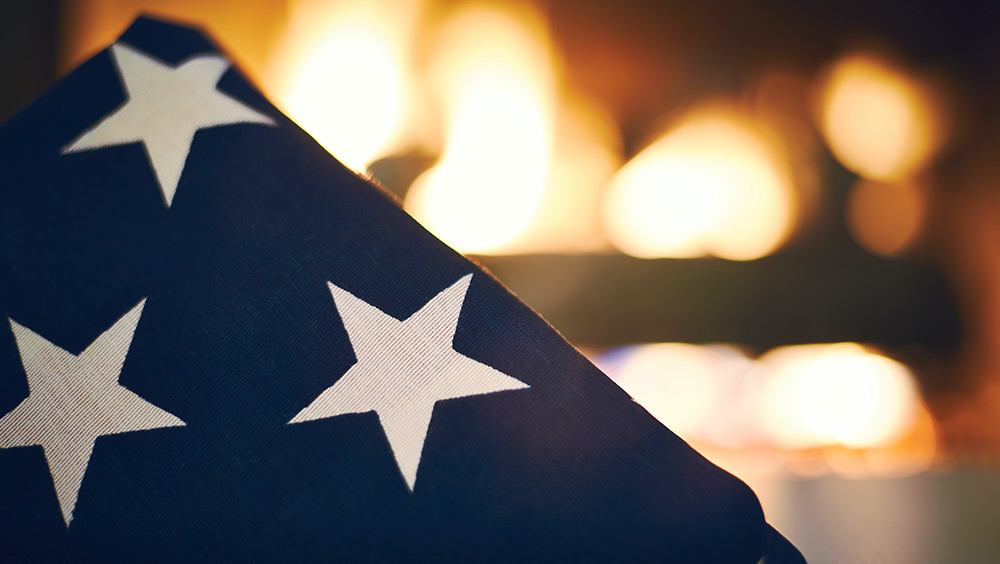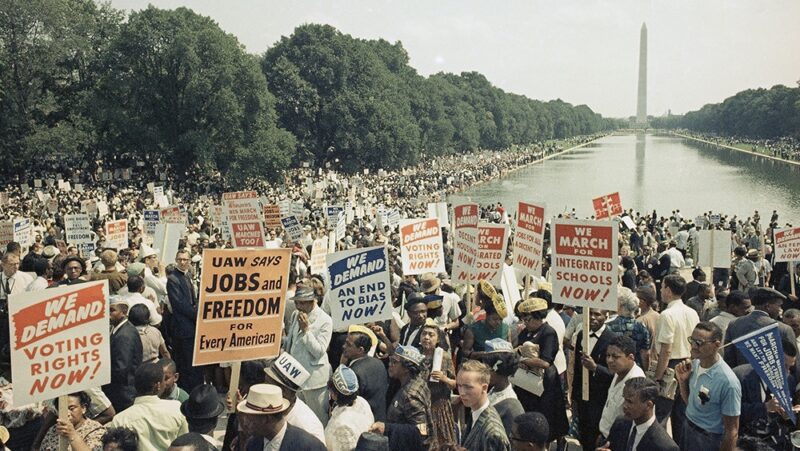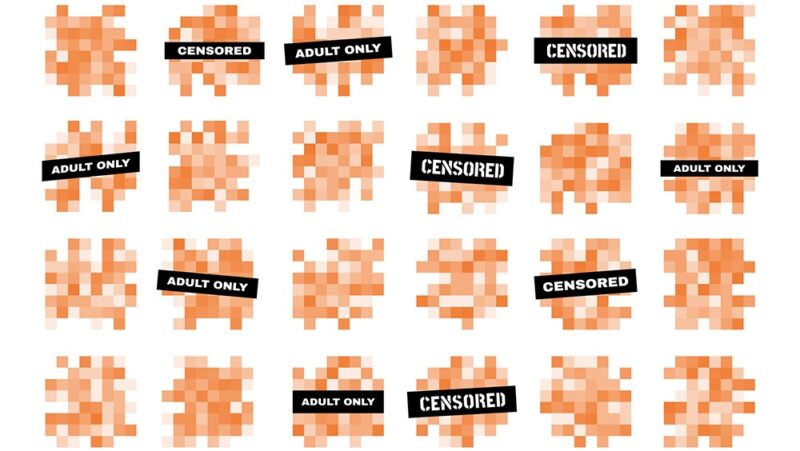Flag Desecration: Can You Burn the American Flag?

The United States flag is a poignant symbol. It can evoke patriotism. And flag burning or other types of flag desecration are sometimes controversially used for protest and dissent.
Can people treat the U.S. flag in ways others may not like, such as by flag burning or flag desecration? Are such actions free speech protected by the First Amendment, or can they be illegal?
Everything to know about flag desecration, flag burning and the First Amendment
Free speech is more than literal words being said aloud. It can also be symbolic acts. These are protected even if provocative. The First Amendment, by design, sets a high bar for when speech can be required or limited by the government.
In short, flag burning and flag desecration are protected free speech under the First Amendment. But this hasn’t always been the case, and such actions could still get a person in trouble.
There have also been attempts to amend the First Amendment to outlaw flag burning and flag desecration, but no changes to the First Amendment have ever been made.
Where America Stands: Over half of Americans know the First Amendment protects flag burning. Even more (69%) say doing so is wrong.
What is flag desecration?
Desecration describes harming or disrespecting a sacred object. The term has been applied to patriotic symbols, such as the flag, as well.
After the Civil War, most states passed flag desecration laws. It became illegal to modify the flag or use it for commercial, decorative or protest purposes.
In 1907, the Supreme Court said a beer company could not use the flag on its bottle. The court did not cite free speech reasons, but said the government had a strong interest in protecting the flag as a patriotic symbol. Questions about the flag and the First Amendment didn’t arise in force until much later.
Can burning the flag demonstrate dissent?
In June 1966, Sidney Street, a veteran living in Brooklyn, burned an American flag on a street corner after hearing that civil rights activist James Meredith was shot. When he was arrested for violating a New York flag desecration law, he said, “Yes, that is my flag; I burned it. If they let that happen to Meredith, we don’t need an American flag.” Three years later, the Supreme Court ruled 5-4 in favor of Street, saying he could not be punished for verbally disrespecting the flag – though it did not rule overall on the flag desecration law in question.
“It is firmly settled that under our Constitution, the public expression of ideas may not be prohibited merely because the ideas are themselves offensive to some of their hearers.” – Street v. New York, 1969
It took until 1989 for the Supreme Court to declare in Texas v. Johnson that the act of burning the flag itself is considered expression when it is done to communicate a point of view.
This touched off efforts in Congress to outlaw flag desecration, including proposed constitutional amendments to outlaw flag burning that narrowly failed.
Is it possible to be punished for flag burning or flag desecration today?
Today, many state flag desecration laws are still technically on the books but would be overruled in the courts if enforced.
But people could still face criminal charges related to burning the flag – just not because of the message alone. The government may limit the manner of speech if there is a very strong reason, the limit is as narrow as possible and it applies regardless of message.
For example, in places with high fire risk, you could face charges for burning anything at all. Similarly, stealing someone else’s flag to burn it would be criminal, as would trespassing and burning the flag on someone else’s property. And burning the flag to deliberately provoke a violent response from someone else or in order to incite others to imminent lawless violence is not protected either.
But if you choose to express your political view by burning or desecrating an American flag, you may.
Why are flag burning and flag desecration protected as free speech?
The structure of the republic was designed specifically not only to withstand and tolerate even powerful dissent, but to invite and be empowered by it. This is why the First Amendment is so protective – and why it protects even heated or offensive dissent.
20 of the Most Famous Protests In U.S. History
Is Obscenity Protected by the First Amendment?
Related Content
2025 Al Neuharth Free Spirit and Journalism Conference
All-Expenses-Paid Trip To Washington, D.C.
June 22-27, 2025
Skill-Building
Network Growing
Head Start On Your Future

